Researchers at the European Molecular Biology Laboratory (EMBL) have made a groundbreaking discovery that chronic inflammation fundamentally remodels the bone marrow, allowing mutated stem cell clones to quietly gain dominance with age. According to a study published on November 19, 2025, this self-sustaining inflammatory loop weakens blood production and sets the stage for future blood diseases, including cancers.
The research team found that reprogrammed stromal cells and interferon-responsive T cells create a self-sustaining inflammatory circuit in the bone marrow stem cell microenvironment. This circuit precedes blood cancers and allows mutated stem cell clones to rise to dominance, potentially leading to the development of blood diseases. Dr. Maria Rodriguez, lead researcher on the project, explained that "the mutant cells themselves may not be the main instigators, but rather the inflammatory environment that allows them to thrive."
The bone marrow is a critical component of the immune system, responsible for generating millions of fresh blood and immune cells every day. This nonstop renewal depends on a carefully balanced relationship between hematopoietic stem cells (HSCs) and their supportive stromal cells. However, chronic inflammation can disrupt this balance, leading to the reprogramming of stromal cells and the creation of a self-sustaining inflammatory loop.
According to Dr. Rodriguez, "the inflammatory environment is like a breeding ground for disease. It allows mutated stem cells to gain a foothold and eventually take over the bone marrow, leading to the development of blood diseases." This discovery has significant implications for our understanding of blood cancers and the development of new treatments.
Dr. John Taylor, a hematologist at the University of California, San Francisco, noted that "this study highlights the importance of inflammation in the development of blood diseases. It's a game-changer for our field and will likely lead to new therapeutic strategies." Dr. Taylor emphasized that "the key takeaway is that inflammation is not just a bystander in the development of blood diseases, but rather a key player that can be targeted for treatment."
The research team is currently working on developing new treatments that target the inflammatory environment in the bone marrow. Dr. Rodriguez stated that "we are excited about the potential of this discovery to improve the lives of patients with blood diseases. We believe that by targeting the inflammatory environment, we can prevent the development of blood diseases and improve treatment outcomes."
The study's findings have significant implications for our understanding of blood cancers and the development of new treatments. As research continues, it is likely that we will see new therapeutic strategies emerge that target the inflammatory environment in the bone marrow.








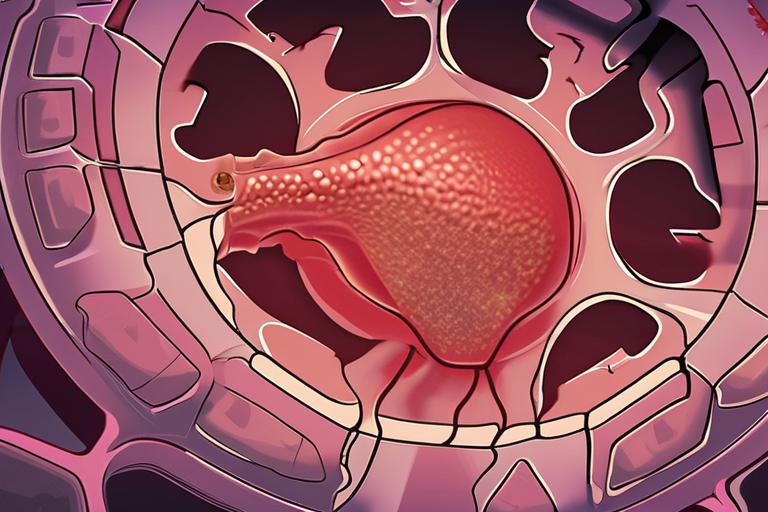
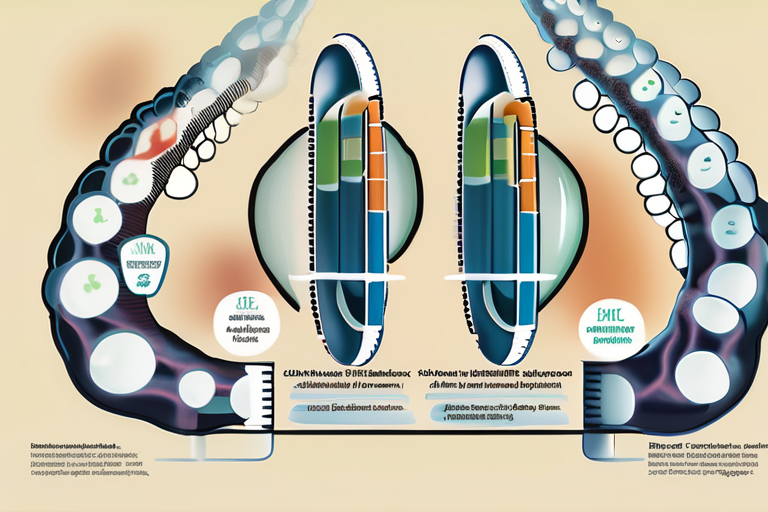

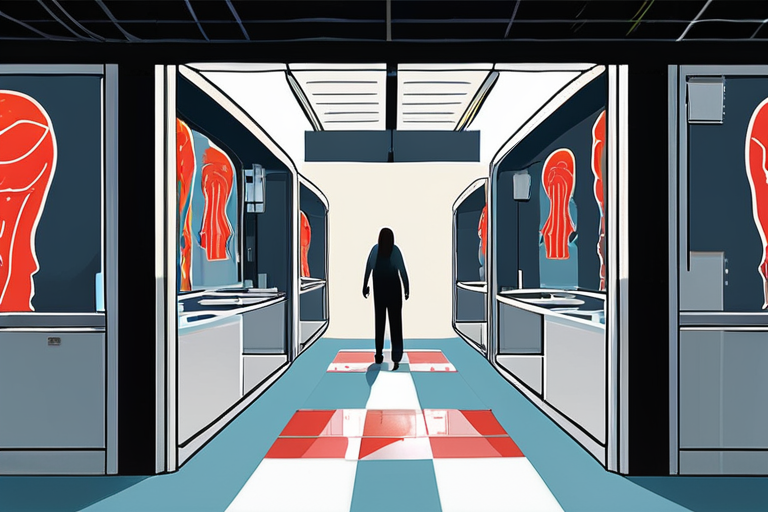
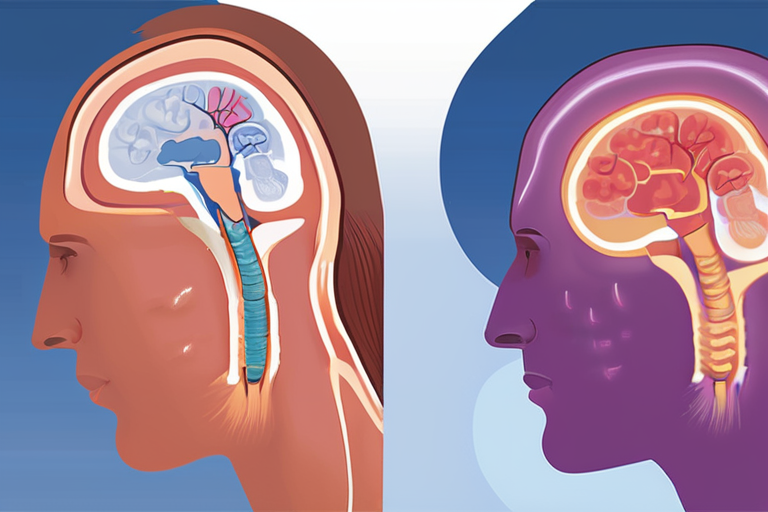

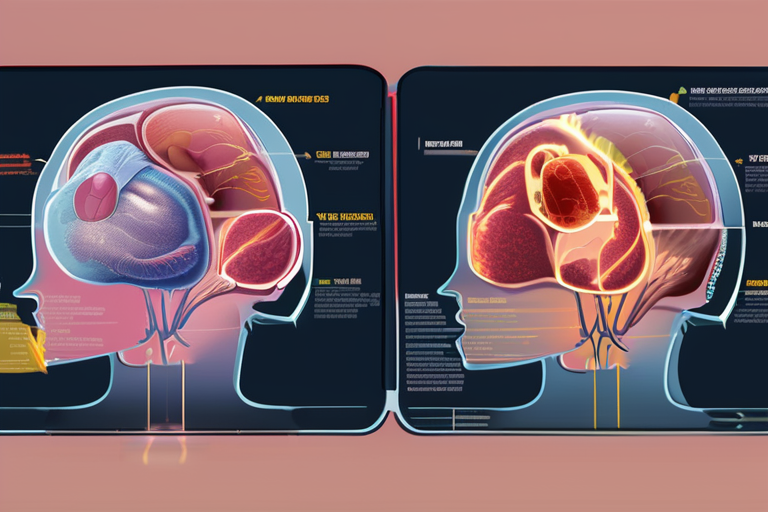

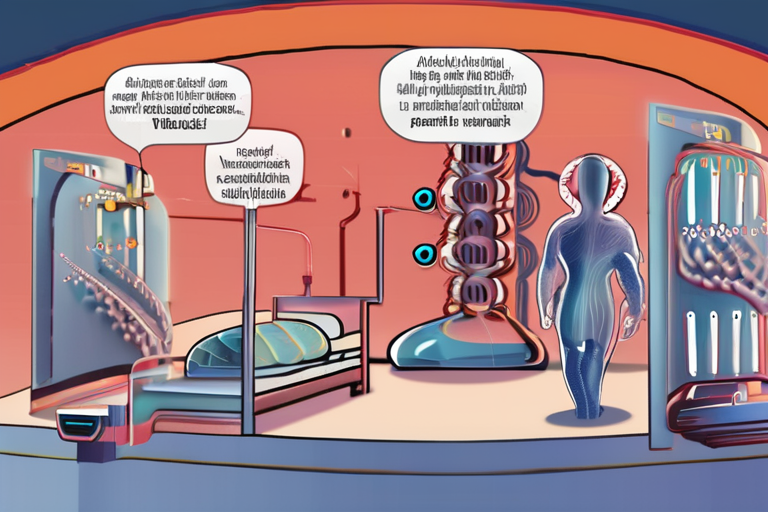

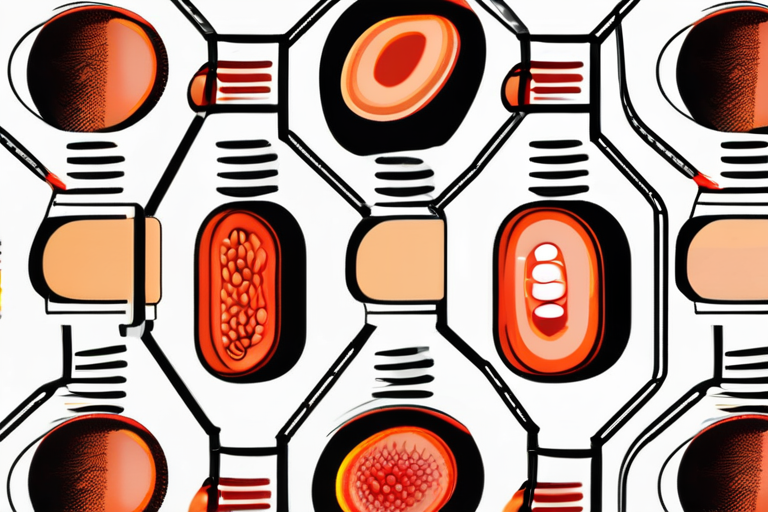




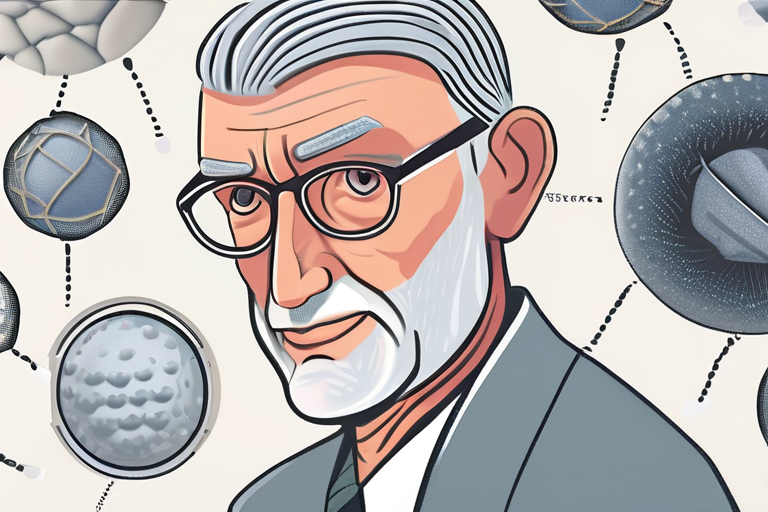


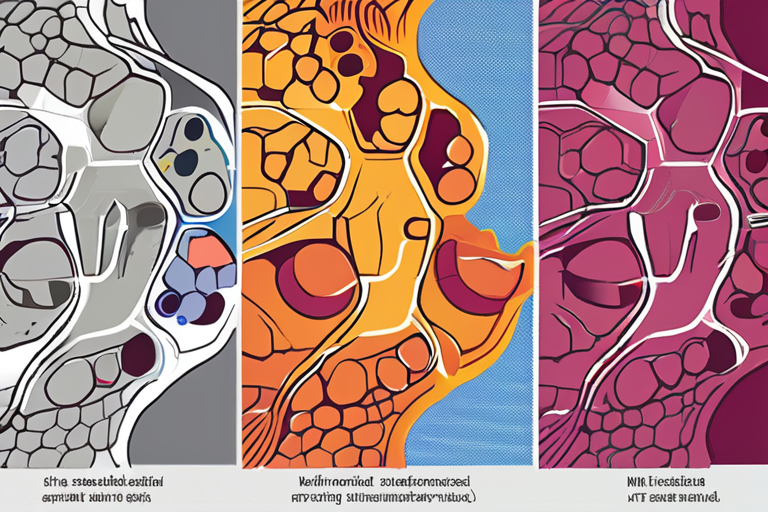
Share & Engage Share
Share this article